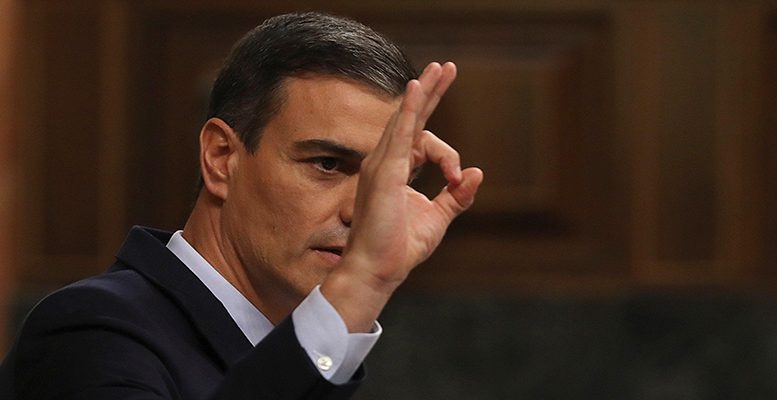Fernando González Urbaneja | The description as “anachronistic” of the fact that the rapporteur of the Court of Auditors – in the case of the possible embezzlement of pro-independence leaders – was a minister in an Aznar government deserves some reflection. It begs the question of how the president’s mentality works, his concept of the constitutional system and the balance of powers.
Added to this are the considerations of Catalan pro-independence politicians, in particular former president Artur Mas, on the sanctioning capacity of the Court of Auditors. His position also points to some shortcomings in the functioning of the state. Mas’ thesis is that as it is an administrative and not a judicial body (which is an incorrect argument) it should not impose sanctions, due to bias. If this thesis were correct, the traffic police, the Tax Agency, regulatory bodies, town planning authorities, municipal police….as non-judicial bodies, would not be able to impose sanctions. This is nonsense.
In any event, a judicial authority, in the courts, is possible. And Artur Mas knows this only too well, as he has appealed (unsuccessfully) previous sanctions by the Court of Auditors before the Supreme Court. Experience tells us that pro-independence supporters, in order to support their beliefs and feelings, are capable of going to great lengths and twisting arguments to the point of absurdity. For example, the claim that self-determination is protected by international law, which is unsubstantiated. And many other slogans of the so-called “procés”.
More serious than that of Mas is that of Prime Minister Sánchez, above all because it adds insult to injury. He has already claimed that the Public Prosecutor’s Office obeys the government, as it is the government that appoints the attorney general. (“Who appoints the attorney general?” he asked publicly and rhetorically… ) “Well, there you are…” said Sánchez. So there you are …nonsense.
If Sánchez thinks that a former minister (with a judicial career and no party militancy) is disqualified from investigating cases denounced in constitutional bodies, the PM’s understanding is flawed. If he thinks so, he would have to promote disqualification rules in accordance with that mentality. Moreover, he would have to be careful to use his legitimate powers to appoint senior officials with sanctioning powers. In reality, we are dealing with the Prime Minister who has appointed more friends and party colleagues to discretionary positions, without any assessment of their competences, than any other in democratic history.
Sánchez’s relationship with the formalities of the rule of law is open to a lot of improvement and is very labile. Proof of this is the number of setbacks his government has had in the Supreme Court and the Constitutional Court because of rules not in accordance with the law adopted by the council of ministers. This is the most rectified government in history and the one that has made the most questionable use of the state’s legal counsel.
Politics can do a lot, but not everything; the exercise of power must be contained, adjusted, not abusive. But that is a subject that Sánchez neither studied nor learned. He (and Artur Mas) is the anachronistic one, not the Court of Auditors.





